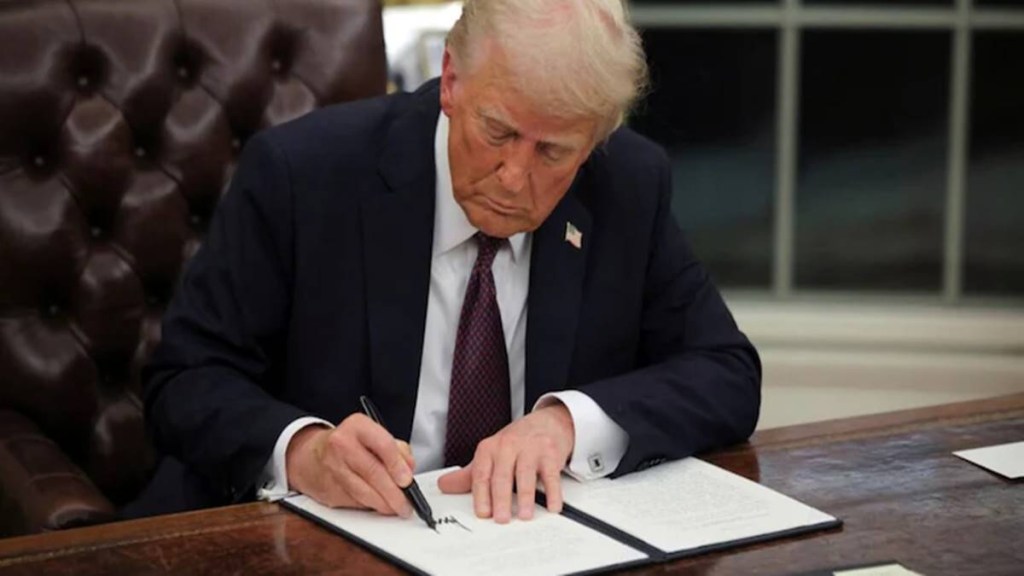In a major legal ruling, a federal judge temporarily blocked President Donald Trump’s executive order that aimed to redefine birthright citizenship, calling it “blatantly unconstitutional.” The order sought to deny US citizenship to children born in the country to undocumented immigrants, citing a reinterpretation of the 14th Amendment. This decision has sparked a wave of legal battles and raised concerns about the future of citizenship laws in the US.
14th Amendment and Birthright Citizenship
Based on the information in the public domain the 14th Amendment, ratified in 1868, guarantees citizenship to all individuals born on US soil, including those whose parents are immigrants. This provision was specifically designed to ensure that former slaves, and their descendants, would be recognized as full US citizens. The law has stood for over a century and is central to US immigration policy.
Trump’s executive order, signed shortly after his second term began, sought to change this longstanding interpretation. It proposed that children born in the US to parents who are in the country illegally should not be granted citizenship. This move has ignited widespread debate, with many questioning whether such a change could be legally or constitutionally justified.
Legal Challenges
In response to the executive order, a group of states led by Washington filed a lawsuit challenging the policy, arguing that it violates the clear language of the 14th Amendment. The case was brought before US District Judge John Coughenour, who described the executive order as “blatantly unconstitutional.”
Judge Coughenour, who has decades of experience on the bench, was unequivocal in his criticism. During the hearing, he questioned the Justice Department attorney’s defense of the order, expressing disbelief at the legal arguments presented. As a result of the hearing, the judge issued a 14-day temporary restraining order to block the policy’s implementation. This gives the plaintiffs more time to present further legal arguments.
The Impact on US Citizenship
The legal challenge raised critical concerns about the impact of the order on both individuals and state governments. If implemented, the policy would have meant that children born in the US to undocumented immigrants could be denied citizenship—a stark contrast to current law. This would affect hundreds of thousands of people, potentially leading to significant disruption in public services, health care, and social programs as states would need to adjust their systems to accommodate the new citizenship standards.
Despite the temporary restraining order, the Department of Justice has stated its intent to continue defending the executive order in court. The Justice Department argues that the order is a legitimate interpretation of the 14th Amendment and that it is consistent with the president’s authority to enforce immigration laws. However, it remains to be seen whether the court will agree with this interpretation.
Upcoming hearings, including one scheduled for February 6, will determine whether the restraining order will become permanent or if the executive order will eventually be allowed to take effect.

